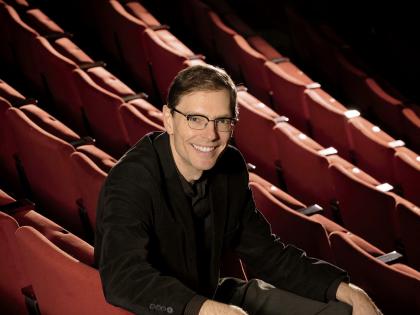In the wake of the U.S. Senate vote to abolish the “don’t ask, don’t tell” policy prohibiting military service by openly gay Americans, President Drew Faust issued the following statement on Saturday evening:
The repeal of DADT is a historic step. It affirms American ideals of equal opportunity and underscores the importance of the right to military service as a fundamental dimension of citizenship. It was no accident that Lincoln's Emancipation Proclamation not only guaranteed freedom to Black Americans but at the same time opened the Union Army to their participation. Because of today's action by the Senate, gay and lesbian Americans will now also have the right to pursue this honorable calling, and we as a nation will have the benefit of their service.
I look forward to pursuing discussions with military officials and others to achieve Harvard's full and formal recognition of ROTC. I am very pleased that more students will now have the opportunity to serve their country. I am grateful to the Massachusetts delegation for their unified support for repeal.
Faust had previously indicated her support for Harvard’s full recognition of ROTC training (cadets’ activities are currently funded through alumni donations) on this basis, most recently on November 17, when she introduced Admiral Michael Mullen, chairman of the Joint Chiefs of Staff, before he gave an address at the Harvard Kennedy School.
This decision does not necessarily mean that ROTC training will appear on the Harvard campus per se; the military services have organized such training on a clustered basis, serving multiple campuses with common facilities. Harvard cadets travel to MIT for their classes.
For a useful summary of other universities' actions to recognize ROTC (including Yale, Columbia, Stanford, and Brown), see this dispatch from Inside Higher Ed.








